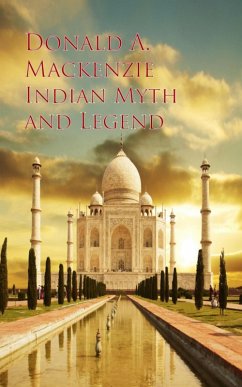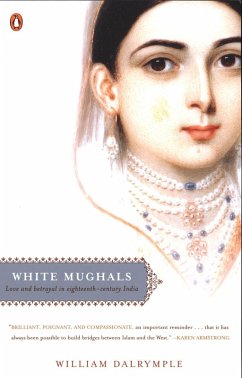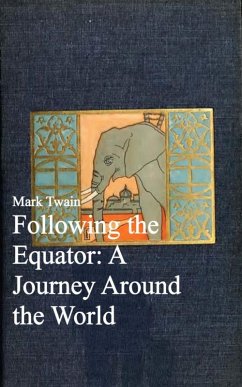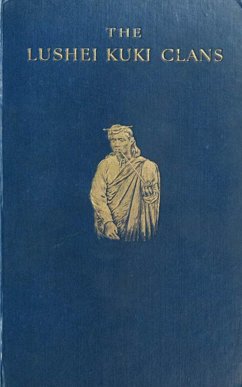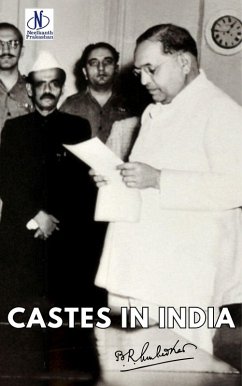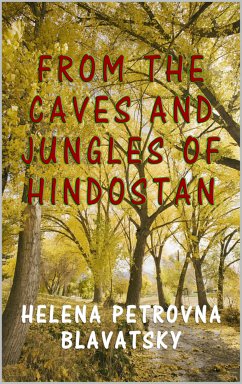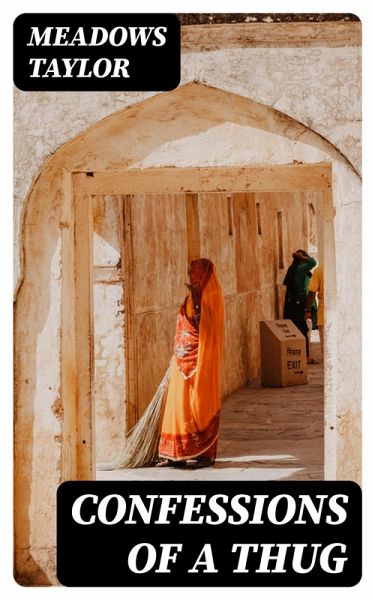
Confessions of a Thug (eBook, ePUB)
Versandkostenfrei!
Sofort per Download lieferbar
1,99 €
inkl. MwSt.
Weitere Ausgaben:

PAYBACK Punkte
0 °P sammeln!
In "Confessions of a Thug," Meadows Taylor presents a riveting narrative that delves into the world of the Thuggee-a confederation of murderers and robbers operating in 19th-century India. Combining elements of historical fiction and criminal psychology, Taylor constructs a rich tapestry of adventure, cultural commentary, and moral ambivalence. Written in a first-person perspective that reflects the brutal realities of the Thug life, the prose offers both vivid descriptions and psychological depth, allowing readers to grasp the complexities of loyalty, betrayal, and survival during a tumultuou...
In "Confessions of a Thug," Meadows Taylor presents a riveting narrative that delves into the world of the Thuggee-a confederation of murderers and robbers operating in 19th-century India. Combining elements of historical fiction and criminal psychology, Taylor constructs a rich tapestry of adventure, cultural commentary, and moral ambivalence. Written in a first-person perspective that reflects the brutal realities of the Thug life, the prose offers both vivid descriptions and psychological depth, allowing readers to grasp the complexities of loyalty, betrayal, and survival during a tumultuous period in India's colonial history. Meadows Taylor, a British writer and administrator in India during the mid-19th century, draws upon his own experiences in the subcontinent to craft this compelling tale. His understanding of Indian culture and society is both nuanced and informed by a deep respect for the land and its people. Taylor himself had encounters with Thuggee and was fascinated by the sociopolitical dynamics that enabled such criminal organizations, which profoundly influenced his depiction of the protagonist's dilemmas and the moral question of justice versus survival. I highly recommend "Confessions of a Thug" for readers interested in historical fiction that challenges conventional narratives. Taylor's gripping storytelling and deep exploration of human nature will engage anyone fascinated by the intersection of morality, culture, and adventure, making it a timeless read worthy of exploration.
Dieser Download kann aus rechtlichen Gründen nur mit Rechnungsadresse in A, B, BG, CY, CZ, D, DK, EW, E, FIN, F, GR, H, IRL, I, LT, L, LR, M, NL, PL, P, R, S, SLO, SK ausgeliefert werden.







